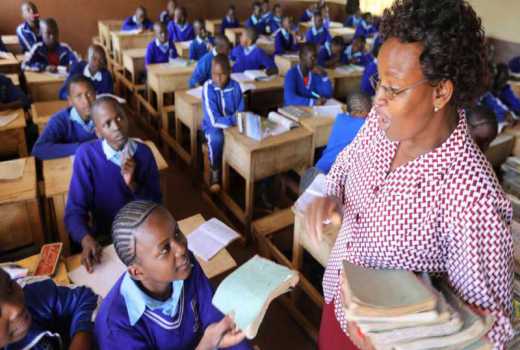×
The Standard e-Paper
Home To Bold Columnists

Schools started opening yesterday even as head teachers complained that they were yet to receive Sh29 billion for free day secondary education.
They warned that failure by the Government to release the cash could disrupt operations in schools.